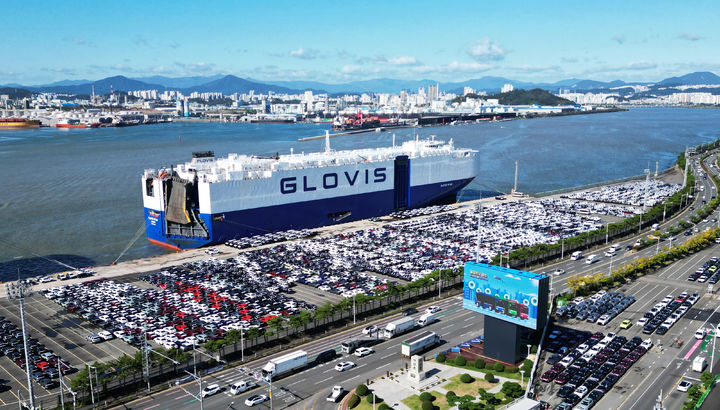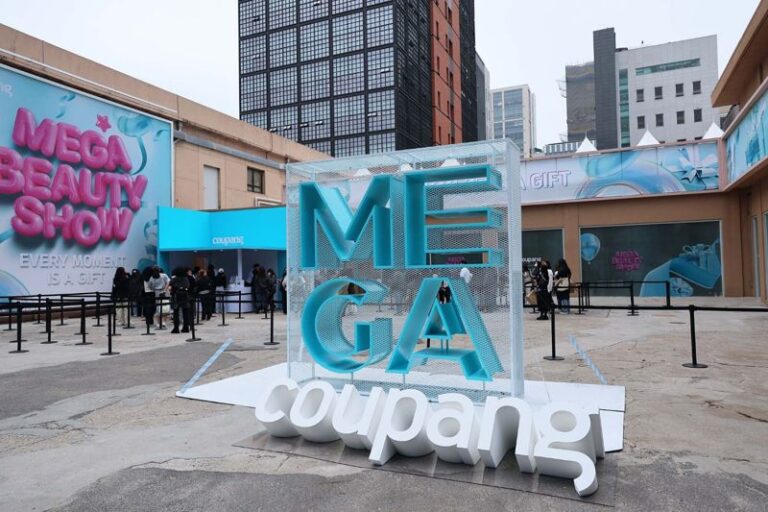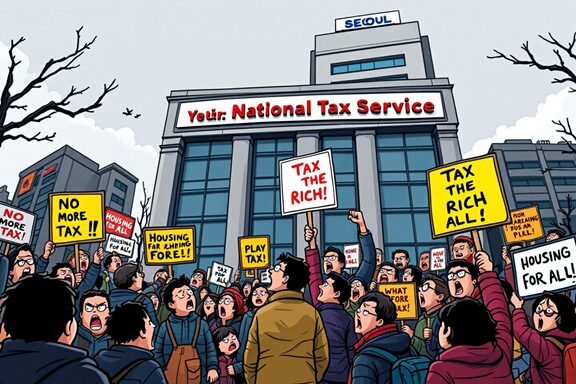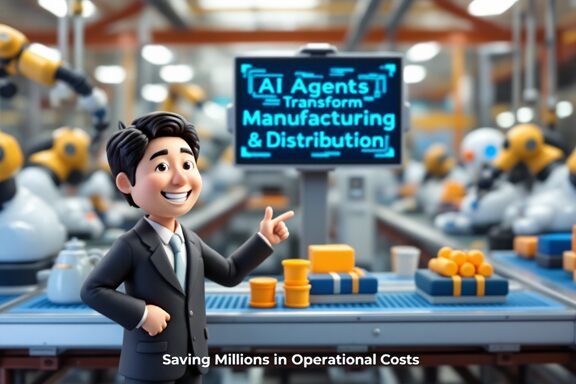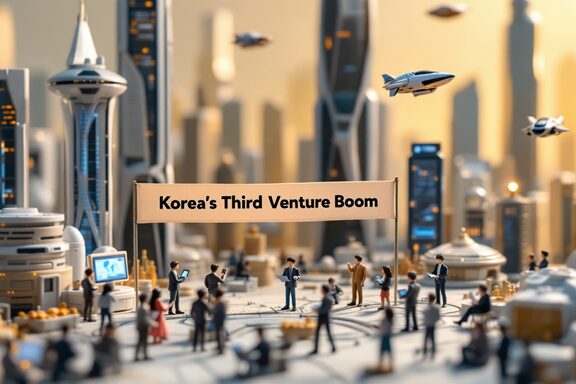Hyundai’s EV Retreat: Why Korea’s Auto Giant Is Hitting the Brakes on Electric
The global EV revolution is facing an unexpected detour as Hyundai Motor, one of the world’s fastest-growing electric vehicle manufacturers, suddenly scales back its domestic EV production plans. This strategic pivot comes amid a perfect storm of declining demand in key markets and punitive tariffs from the United States. What does this significant shift tell us about the true state of the global electric vehicle market, and could this signal a broader industry rethink?
Immediate Production Cuts Signal Market Concerns
Hyundai is temporarily shutting down production lines specifically dedicated to its flagship electric vehicles, reflecting a rapid response to changing market conditions.
- Hyundai will suspend operations at Ulsan Plant 1’s Line 2 from April 24-30, which produces the Ioniq 5 and Kona Electric models
- This direct production halt represents an immediate tactical response to declining order volumes
- The company is responding to market signals rather than continuing production that could lead to inventory buildup
Global Policy Shifts Derail Demand Projections
The sudden withdrawal of government incentives in major markets has dramatically altered the EV adoption landscape, forcing automakers to reassess their strategies.
- EV subsidies have been discontinued in Europe and Canada, triggering a sharp decline in orders for models like the Ioniq 5
- Domestic sales of the Ioniq 5 fell 39.2% year-over-year to just 1,129 units last month
- The abrupt policy changes have exposed the EV market’s continued dependence on government support mechanisms
Long-Term Investment Plans Under Revision
Hyundai is not only making short-term adjustments but reconsidering its entire EV infrastructure development timeline and technology implementation.
- The timeline for Ulsan Plant 6, originally intended for dedicated EV production, has become uncertain with possible delays of 1-2 years
- Hyundai is exploring converting planned EV-only production capacity to include hybrid vehicles and extended-range electric vehicles (EREVs)
- Implementation of hypercasting technology, a cornerstone of the company’s electrification strategy, has been postponed by two years to 2028
Strategic Pivot Toward Hybrid Technologies
The company appears to be hedging its electric vehicle bet by reinvesting in hybrid technology as a transitional solution.
- The consideration of hybrid and EREV production at Ulsan Plant 6 represents a significant strategic recalibration
- This approach allows Hyundai to maintain its green credentials while adapting to slower-than-expected EV adoption rates
- The shift suggests the company sees a longer transition period toward full electrification than previously anticipated
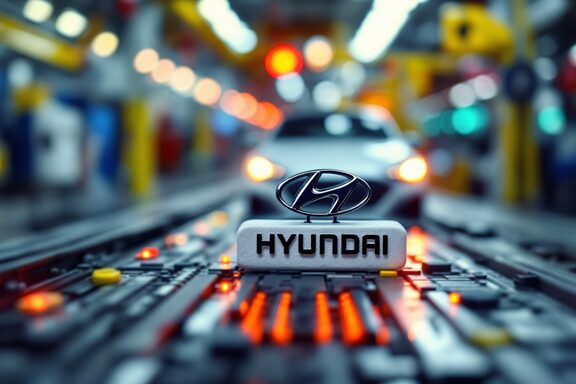
The sudden scaling back of Hyundai’s EV ambitions may represent a more realistic approach to the complex reality of electric vehicle adoption. Industry insiders suggest EV demand could rebound in the medium to long term, but emphasize that expanded government subsidies and tax incentives will be crucial to support market development.
Keywords
Hyundai Motor, Electric Vehicles, Production Cuts, Automotive Industry
Hashtags
#HyundaiEV #AutoIndustryShift #EVMarket
한국어 요약
- 현대차가 아이오닉 5와 코나 일렉트릭을 생산하는 울산1공장 2라인 가동을 4월 24일부터 30일까지 일시 중단
- 유럽과 캐나다의 전기차 보조금 중단으로 주문량이 급감했으며, 아이오닉 5 국내 판매량은 전년 대비 39.2% 감소
- 울산 6공장의 가동 일정이 1~2년 지연될 가능성이 있으며, 전기차 전용 생산에서 하이브리드 및 주행거리 연장차(EREV) 생산으로 전환 검토 중
- 전동화 핵심 기술인 하이퍼캐스팅 도입 시점도 2028년으로 2년 연기, 중장기적으로 EV 수요 반등을 위한 정부의 보조금 확대와 세제 지원이 필요
